‘Mickey Ears’ Cosmetic Procedure for Pets Sparks Controversy in China

Chinese media reports that a growing number of pet owners are putting their animals through painful cosmetic procedures in order to give them rounded ears inspired by Mickey Mouse. Most cats and dogs have naturally pointy or droopy ears, but a new disturbing trend sweeping through China these days has pet owners ignoring common sense […]
Prison Replaces Guard Dogs with Flock of Vigilant Geese
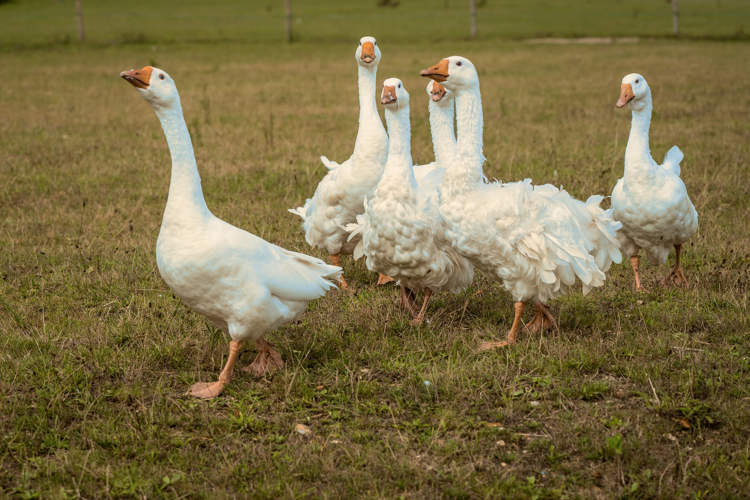
A prison in the Brazilian state of Santa Cantarina recently replaced its guard dogs with a flock of geese that supposedly make loud noises when they detect strange noises, like someone trying to escape. In this day and age, prison complexes feature state-of-the-art detection systems that make it very difficult for inmates to escape undetected. […]
Scubadiver Has Been Friends with a 15-Foot-Long Tiger Shark for Over Two Decades

A Florida scuba diver claims he has been best friends with a 15-foot-shark named Emma for almost 23 years now, describing her more like a playful dog than an apex predator. Jim Abernethy and Emma first met in 2001 when he removed a fishing hook from her mouth, and they’ve been inseparable ever since. Every […]
The Picasso Moth Is Truly a Living Work of Art
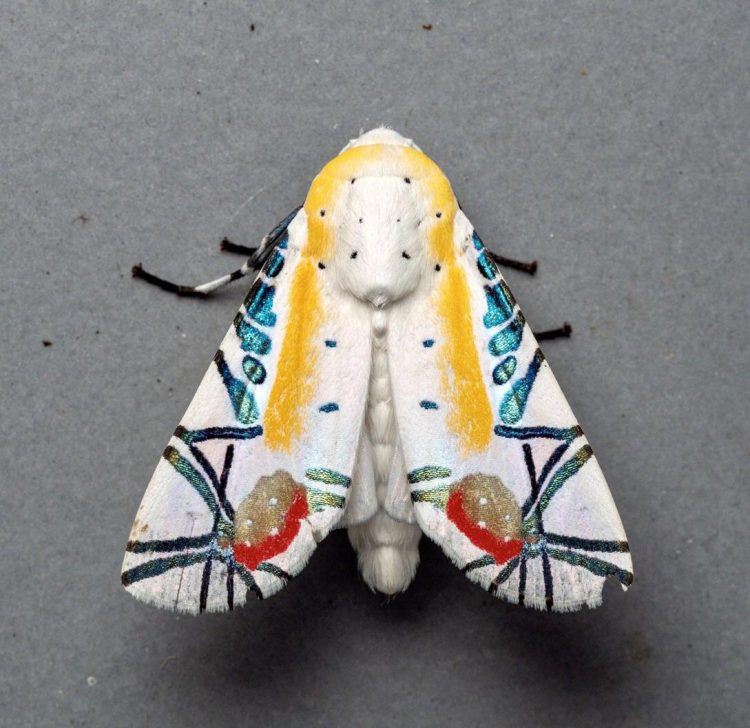
Baorisa hieroglyphica, also known as the Picasso moth, is a species of moth named after the famous Spanish painter Pablo Picasso because of its unusually artistic wing patterns. First described by British entomologist Frederic Moore in 1882, the Picasso moth is native to Southeast Asia and Northern India. Like most moths, Baorisa hieroglyphica is a nocturnal insect that […]
Scientists Observe Mosquitoes Feeding Exclusively on Frogs’ Nostrils
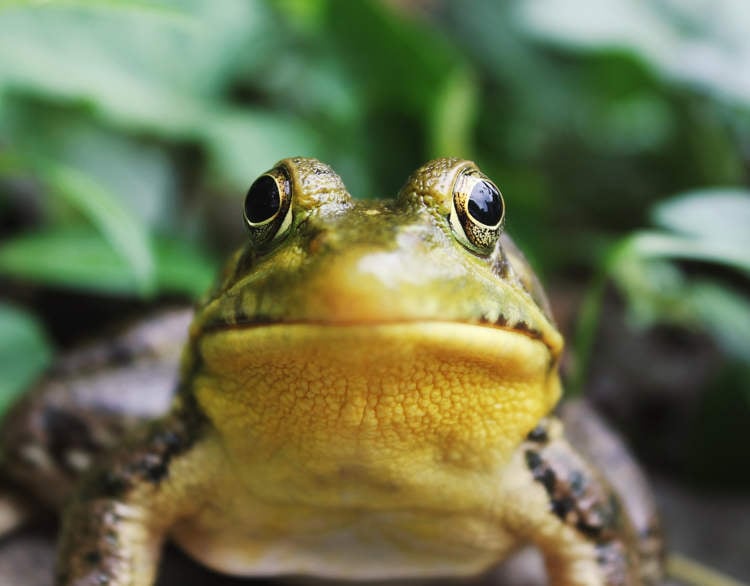
A team of scientists studying freshwater ponds on an Australian island observed a rather peculiar mosquito behavior – when feeding on frogs, mosquitoes would always go for the nostrils. John Gould and Jose Valdez – the first with the University of Newcastle, in Australia, the other the German Center for Integrative Biodiversity Research – spent […]
Canada’s Feral ‘Super Pigs’ Are Virtually Impossible to Eradicate
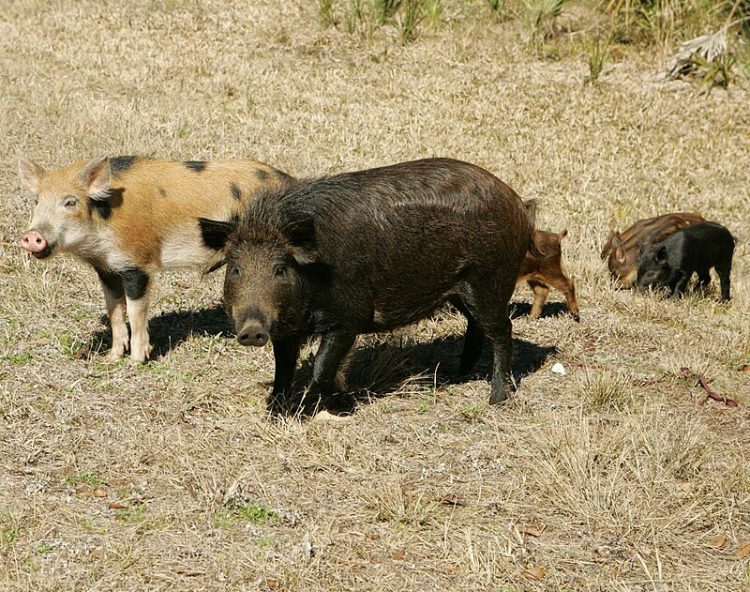
Northern US states are preparing for an invasion of incredibly intelligent and highly adaptable ‘super pigs’ that threaten to spill over the border from Canada. Feral pigs have been the bane of North America’s flora and fauna for many years now, but a new breed of ‘super pigs’ is threatening to take the problems they […]
Blue-Tongued Lizard Defends Itself by Sticking Its Tongue Out to Predators
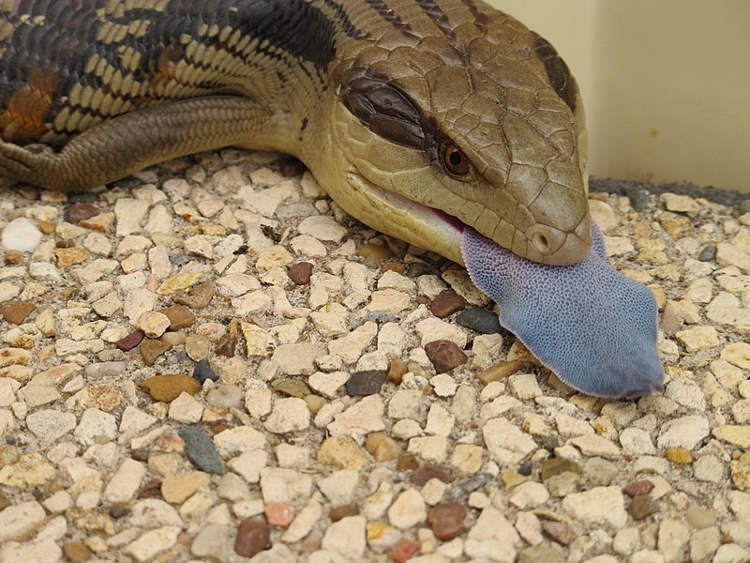
The blue-tongued skink, a lizard native to the Australian continent, has a rather bizarre defense mechanism – it sticks its bright-blue tongue out to predators and they actually run away, sometimes. A subspecies of Tiliqua scincoides, the blue-tongued skink is one of only five animals known to have blue tongues, the other being the chow […]
Gigantic Bovine Sets Guinness Record for World’s Tallest Steer

Tommy, a 13-year-old Brown Swiss from Cheshire, in Massachusets, was recently crowned the world’s tallest living steer, measuring an impressive 1.87m(6ft 1in). Tommy the steer has been living with the Balawender family on their farm in Cheshire since he was just one day old, after being bought for just about $10. It’s safe to say […]
Stray Dog in Russia Suffers from Extreme Obesity, Weighs Almost 100 Kilograms

It’s rare for any dog to reach 100 kilograms, let alone a stray one, but Krugets, a stray dog living in the Russian city of Nizhny Novgorod, has become so fat that he can barely get up. The Great Dane, the world’s largest dog breed, weighs between 300 (136 kg) and 400 pounds (181 kg), […]
Firefighters Save Dog Stuck in Narrow Pipe, Then Charge Owner $10,000

A French man traveling through Switzerland was stunned to receive a bill for 9,241 Swiss francs ($10,000) from the firefighters who rescued his pet dog after she became stuck in an underground pipe while chasing a fox. A couple of months ago, Alian Chichignoud, a 25-year-old Frenchman traveling through Europe with his three pet dogs, […]
14_year-Old Cat Sets Guinness Record for World’s Loudest Purr

Bella, a 14-year-old feline from Huntingdon, UK, has claimed the Guinness Record for the world’s loudest purr by a domestic cat, with a noisy purr measured at 54.59 decibels. The Spink family has had Bella for almost 15 years, and they’ve always suspected that she might have the world’s loudest purr. Friends and family would […]
Newly-Identified ‘Alien-Looking’ Parasitic Wasp Consumes Its Host From the Inside Out
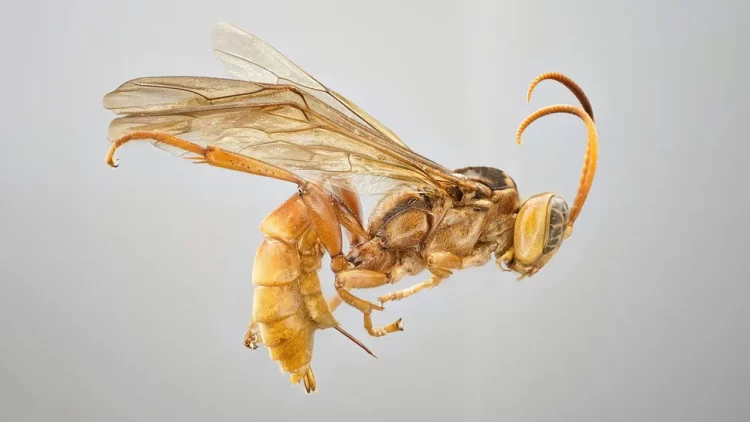
Capitojoppa amazonica is a newly-discovered genus of parasitic wasps that stabs its victims with its giant ovipositor and sucks the blood out of them before laying its eggs inside. The terrifying insect was discovered by scientists from the University of Utah while surveying the National Reserve of Allpahuayo-Mishana in Peru. They laid large netted devices called […]
Glass-Covered Building Kills Over 1,000 Birds in Just One Day
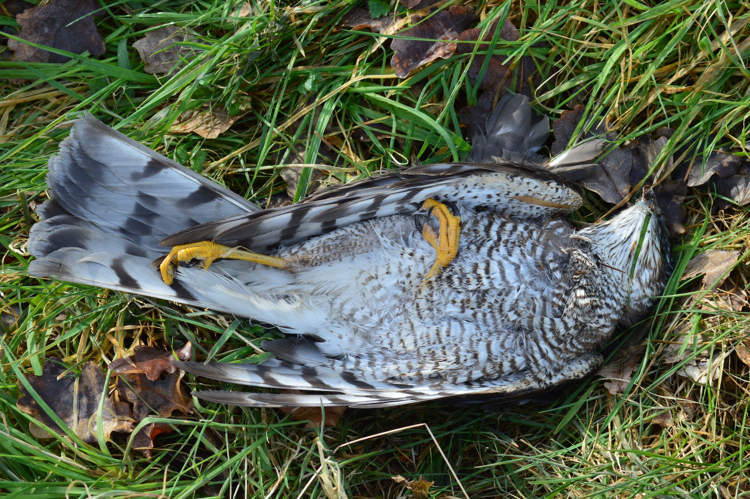
Chicago’s McCormick Place, the largest convention center in North America, was recently responsible for the deaths of at least 1,000 small birds that crashed into its thick glass walls. According to the Chicago Bird Collision Monitors (CBCM), a volunteer conservation project dedicated to the protection of migratory birds, on October 5, the carcasses of at […]
Spanish Town Experiences Alfred Hitchcock’s ‘The Birds’ in Real Life
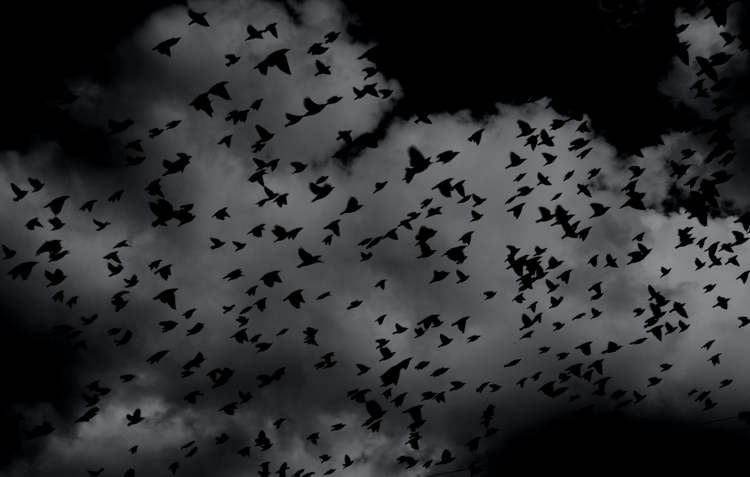
For the past five months, the people of Pravia, a town in Spain’s Asturias Region, have been under constant siege from flocks of crows who mindlessly attack their homes and vehicles. The town of Pravia has no less than six crows proudly displayed on its historic coat of arms, so it’s safe to say that […]
Meet Methuselah, the Oldest Living Aquarium Fish
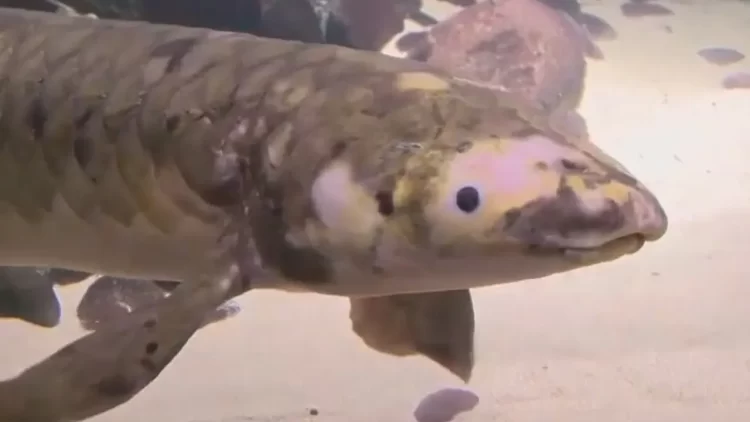
The aptly named Methuselah, a lungfish at the Steinhart Aquarium in San Francisco, is the oldest fish held in captivity, with an estimated age between 92 and 101 years. Methuselah arrived on US soil in 1938, on a steamboat from Australia, along with 230 other fish. Today, she – scientists believe it’s a female, although […]
